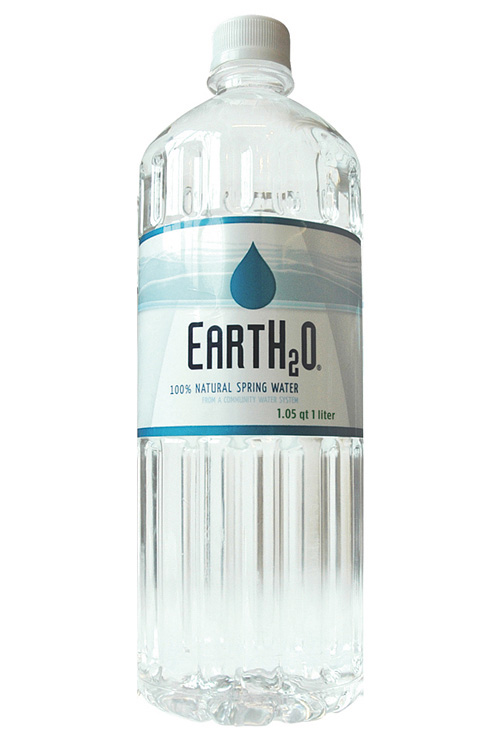 The March Sendai tsunami and nuclear catastrophe have provided an Oregon bottled water company with an opportunity to enter the Japan market — and stay for the long haul.
The March Sendai tsunami and nuclear catastrophe have provided an Oregon bottled water company with an opportunity to enter the Japan market — and stay for the long haul.
 |
The March Sendai tsunami and nuclear catastrophe have provided an Oregon bottled water company with an opportunity to enter the Japan market — and stay for the long haul.
“The level of skepticism about radiation is high,” says Steve Emery, chief executive of Earth2o, a Culver-based company that sources its product from nearby Opal Springs. In April, Earth2o shipped its first 4,000 cases to the ravaged island nation, and Emery says he eventually expects to ramp up to 40,000 cases annually, valued at $2.6 million.
To staff the Japan operation, Earth2o — the top-selling spring water in the Pacific Northwest — plans to add five new employees to its existing staff of 48. But the disaster isn’t the only event causing an uptick in business. In July, the company will begin manufacturing its own bottles in a Central Oregon plant, an initiative that will require yet another five new employees.
Bottled water is considered by some to be an environmental scourge, leading to mountains of plastic garbage. Shipping bottles thousands of miles across the Pacific doesn’t seem to adhere to sound environmental practice either. “It does when you’ve got free-flowing radiation,” says Emery.
Emery says Earth2o bottles are made from 100% recycled, and recyclable, plastic. “We are cradle to cradle,” he says. Another plus: Gushing forth at a rate of 108,000 gallons per minute, Earth2o water is considered extra clean, eliminating the need for special purification or extraction technologies. The company is one of 49 bottled water plants worldwide to earn the highest level of Safe Quality Food certification, a global stamp of approval that drew the attention of the Japanese, Emery says.
That attention isn’t likely to wane any time soon. Emery says his Japanese distributor expects contamination fears to “last a generation.” That’s bad news for the Japanese — but good news for Earth2o. Says Emery: “We’re really not interested in the short term.”
LINDA BAKER

